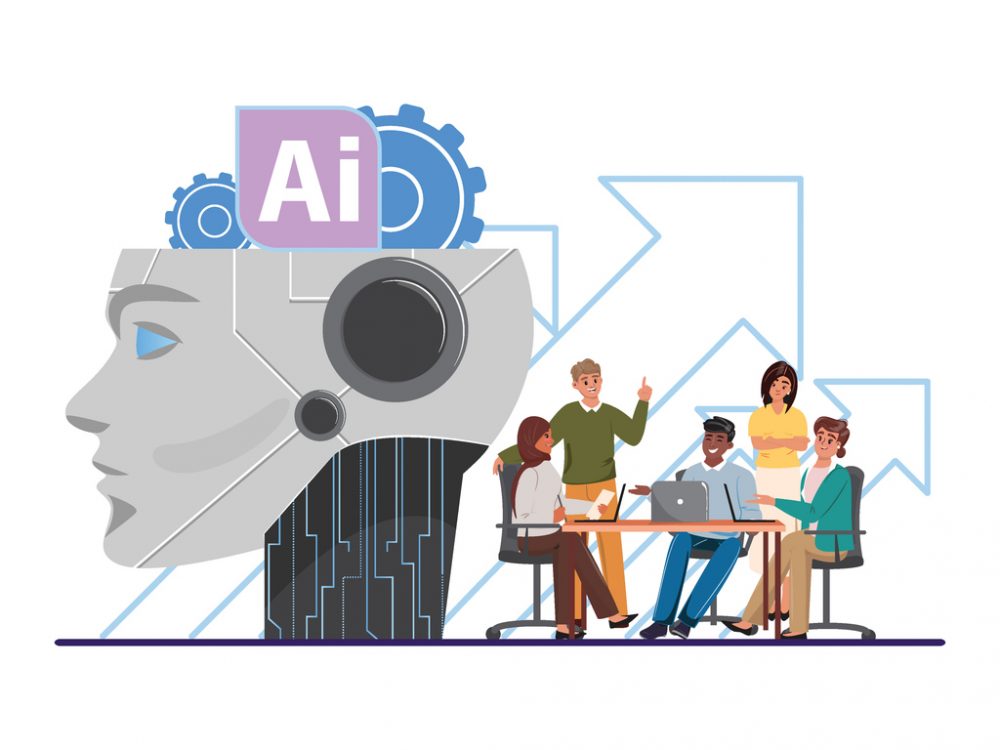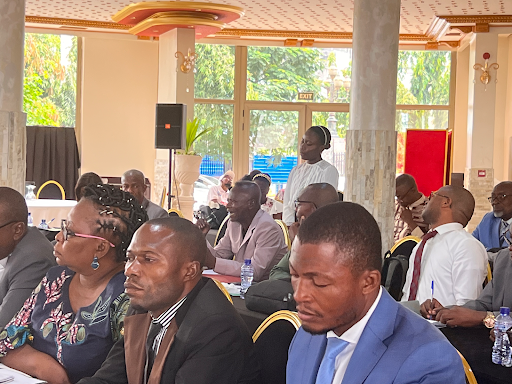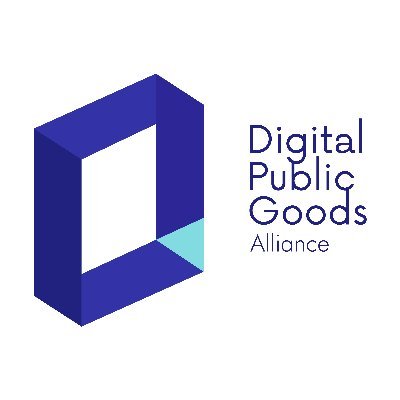Approaching Data and the SDGs
As we seek to achieve the Sustainable Development Goals (SDGs), I cannot help but reflect and compare to the era of the Millennium Development Goals (MDGs). In fifteen years, we made significant progress against some MDGs, such as halving poverty. However, this was largely thanks to spectacular results in places such as China and India, and left behind many of the countries in Sub-Saharan Africa. These lopsided results are not acceptable in today’s context, which calls for leaving no-one behind.
To ensure the SDGs “work” for all, we must lead with an inclusive, open, and transparent approach — one that prioritizes country-led development, with citizens at the center. As a digital and data-driven nonprofit, our work has led us to ask: Data for whom? and Data for what? As we plan around how we can best support data infrastructure for the SDGs, DG will draw from experience by:
Building upon what exists
As stated by Digital Development Principle 7 — and recently underscored by Oxfam — too often we (as an ICT4D community) invest in developing new technologies, when existing tools could more cheaply be adapted and improved. DG’s use of open source technology and modular frameworks supports Principle 7, by making it easier to scale tools and connect systems. A recent example of this can be seen in our AMP-DMFAS integration in Uganda.
No less important is the non-tech corollary to this principle: building upon existing country processes, versus standing up program-specific systems. At the project level, this could mean tapping into community knowledge and structures to effect change. At the national level, this means aligning development partner plans with country priorities, tapping local talent, and using country systems. In happy contrast to the MDG era, we’re already seeing an explicit call for country-driven development. This approach is at the crux of sustainable development progress.
Paying attention to the political economy (and politics of) data
Data and technology can be powerful tools for development, but we must do more to mainstream their use to achieve impact at scale. Over the past year, we investigated the political economy of data use through our Results Data Initiative, the Initiative for OpenAg Funding, and USAID/HESN work. We’ll be tackling the demands for incentives, leadership, and targeted tools over the coming year.
Just as important — and much more nuanced — will be taking better account of the politics of data. For the SDGs, most stark have been tensions between official (government-produced) and non-official data sources, and the role of each in monitoring the SDGs. While globally there is consensus on the value of both official and non-official data, national sentiments will vary country by country — something any development actor must take into account.
Acknowledging potential blind spots — and planning accordingly
Based on the comprehensive suite of SDG targets and indicators, it is tempting to assume that we can collect a holistic view of progress through data. But we must remember that the “human” story cannot always be quantified, and we run the risk of supporting a “tyranny of data.” We also need qualitative methods — as simple as a real person talking to another real person — to make sure we’re on track to improve real lives.
In addition, as “data people”, it’s easy to assume that others share our worldviews. This thinking is naive at best, arrogant at worst. We must argue our case for using data cogently and effectively to make the SDGs a whole-of-ecosystem priority. Why? Because the advocacy community — along with champions in one or two forward-thinking government and development agencies — cannot go it alone. Ministries of Finance and Planning must be involved, to support domestic resource mobilization; parliaments, to provide visibility and political support; civil society and private sector firms, to leverage their existing expertise and resources; and local actors — from chiefs to healthcare workers — to ensure real priorities are addressed.
Keeping these advanced technologies transparent
The SDGs were launched together with the data revolution — emblematic of the powerful data and technologies at our fingertips. These tools, often through algorithms, can manipulate massive amounts of data that the human mind alone could not comprehend. These algorithms will grow increasingly complex, in order to analyze even larger datasets and unearth trends upon which decisions can be based. As we applaud these advancements, let’s remain aware of the need for the transparency of algorithms. Without such awareness, algorithms risk becoming the modern “smoke filled room”.
So — will this inclusive, open, transparent, and country focused approach be a challenge? Of course! But complexity is at the heart of what we do. Achieving a sustainable 2030 won’t be “easy,” but the results will be well worth the effort.
Share This Post
Related from our library

Beyond Kigali: Where Does Africa Go from Here with AI?
As the AI momentum builds, Development Gateway is asking different questions: where the data comes from, how reliable it is, how legacy systems will supply usable data, and whether governments have the capacity to govern and trust the AI tools they’re being urged to adopt.

Stakeholder, Where Art Thou?: Three Insights on Using Governance Structures to Foster Stakeholder Engagement
Through our Tobacco Control Data Initiative (TCDI) program and its sister program Data on Youth and Tobacco in Africa (DaYTA), we have learned that creating governance structures, such as advisory boards or steering committees, is one approach to ensuring that digital solutions appropriately meet stakeholders’ needs and foster future stakeholder engagement. In this blog, we explore three insights on how governance structures can advance buy-in with individual stakeholders while connecting them to one another.

DG’s Open Contracting Portal Designated as a Digital Public Good
Digital Public Goods Alliance designated DG’s Open Contracting Portal as a digital public good in September 2022. The Portal provides procurement analytics that can be used to improve procurement efficiency and, in turn, reduce corruption and increase impact.